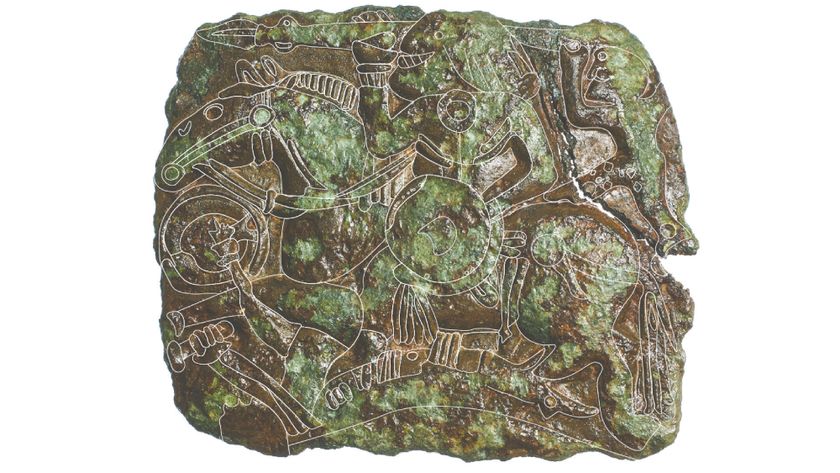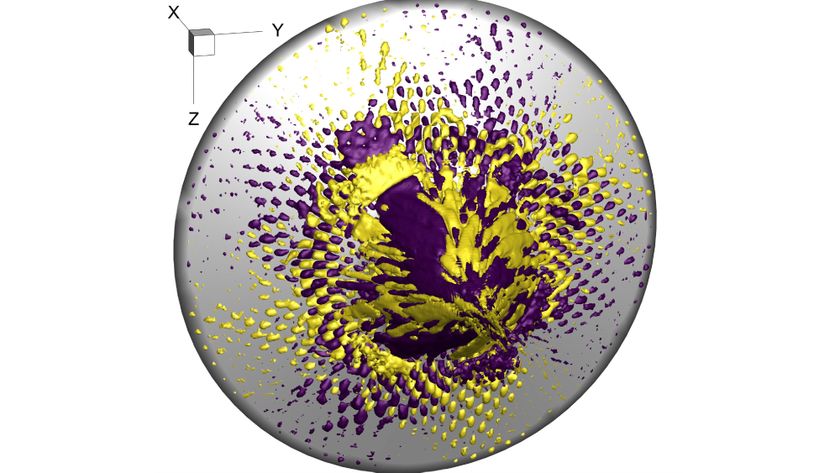Vitamins C and E Get an F
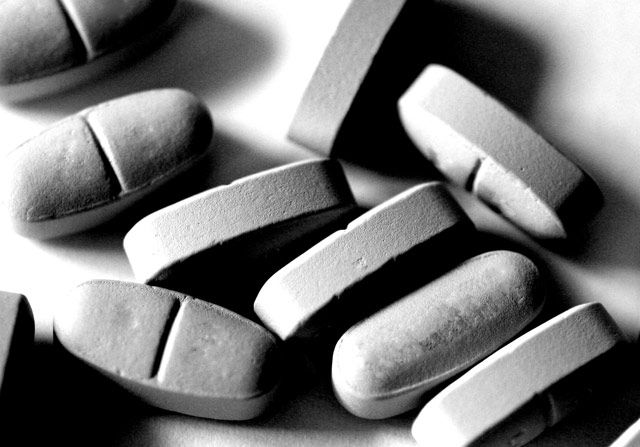
Olive oil is good for you, doctors say, which is why I drink a glass a day.
Yes, it's easy to see the folly in such reasoning. But not so when it comes to vitamins. People readily swallow mega-doses in pill form with the logic that if vitamins in food are healthy then concentrating them into capsules surely must be healthier.
Major studies published in the past few months, however, have revealed that not only don't vitamin pills ward off cancer and heart disease, in some cases they make things much worse.
Easy on the E
Vitamin E, in particular, took a big hit. This was once touted for its antioxidant properties, and diets rich in vitamin E from food sources such as nuts and olives are associated with longevity. The recommended daily allowance is about 15 milligrams or 20 international units (IU). In pill form the dose is often 100 to 400 IUs. Couple this with the fact that vitamin E is fat soluble and lingers in the body for a while, and you'll see the potential trouble.
In September researchers behind a four-year, $100-million study on selenium and vitamin E for the prevention of prostate cancer, funded largely by the National Cancer Institute, called off the study, telling participants to stop taking their supplements. Neither selenium nor vitamin E did anything to prevent cancer, and there seemed to be slightly more cancers among the men taking 400 IU of vitamin E. (The selenium group had more diabetes.)
By October doctors came to realize that vitamin E pills did nothing for the heart. As detailed in the Journal of the American Medical Association, 400 IU of vitamin E did not prevent cardiovascular disease in the over 14,000 subjects followed in the massive and ongoing Physicians' Health Study II, run by Harvard University.
Sign up for the Live Science daily newsletter now
Get the world’s most fascinating discoveries delivered straight to your inbox.
The same study found that vitamins E and C, together or solely, did nothing to prevent any type of cancer over the course of 10 years. This was reported last week at the American Association for Cancer Research meeting in Washington, D.C.
Vitamin C for cancer
Meanwhile, researchers at Memorial Sloan-Kettering Cancer Center in New York studied the interaction of vitamin C and cancer cells. Apparently cancer cells love vitamin C as much as healthy cells do. This is why previous studies have shown cancer to worsen in patients taking too much vitamin C.
The researchers found that every chemotherapy drug they tested did not work as well if cells were pretreated with vitamin C. In the cell culture experiments, 30 to 70 percent fewer cancer cells treated with vitamin C were killed depending on the drug tested. Turning to animal studies they found that chemotherapy could keep cancer in check but that tumors grew more rapidly in mice given vitamin C.
The researchers theorize that vitamin C protects cancer cells from drug damage at the mitochondria level. These findings were published in the October 2008 issue of Cancer Research.
Forget ginkgo
The dietary supplement ginkgo biloba didn't hold up well to scrutiny, either. Ginkgo leaf extract was an ancient cure for asthma, bronchitis, fatigue and tinnitus. It never really worked well for those things, and today it is an ancient cure for memory loss, seeing how the alarming rising rates of dementia-related diseases such as Alzheimer's disease is a modern phenomenon demanding an ancient cure.
As reported in the current issue of the Journal of the American Medical Association, ginkgo supplements did not reduce the rate of dementia or Alzheimer's disease among more than 1,500 elderly study participants after several years of use. Instead the ginkgo raised their risk of internal bleeding.
Ginkgo's not dead, though. There seems to be protective elements in the extract that researchers hope to turn into drugs to treat neurological disorders.
We'd all love cheap cures in the form of bottled vitamins and other natural supplements. But the best preventive medicine, which has held up under the scrutiny of large clinical trials, is to eat a diet rich in the aforementioned vitamins — along with maybe just a tablespoon or two of olive oil, not a glass.
- Dietary Supplements: Too Much of a Good Thing?
- Vitamin Mania: The Truth about Antioxidants
- Nutrition Quiz
Christopher Wanjek is the author of the books "Bad Medicine" and "Food At Work." Got a question about Bad Medicine? Email Wanjek. If it’s really bad, he just might answer it in a future column. Bad Medicine appears each Tuesday on LiveScience.

Christopher Wanjek is a Live Science contributor and a health and science writer. He is the author of three science books: Spacefarers (2020), Food at Work (2005) and Bad Medicine (2003). His "Food at Work" book and project, concerning workers' health, safety and productivity, was commissioned by the U.N.'s International Labor Organization. For Live Science, Christopher covers public health, nutrition and biology, and he has written extensively for The Washington Post and Sky & Telescope among others, as well as for the NASA Goddard Space Flight Center, where he was a senior writer. Christopher holds a Master of Health degree from Harvard School of Public Health and a degree in journalism from Temple University.
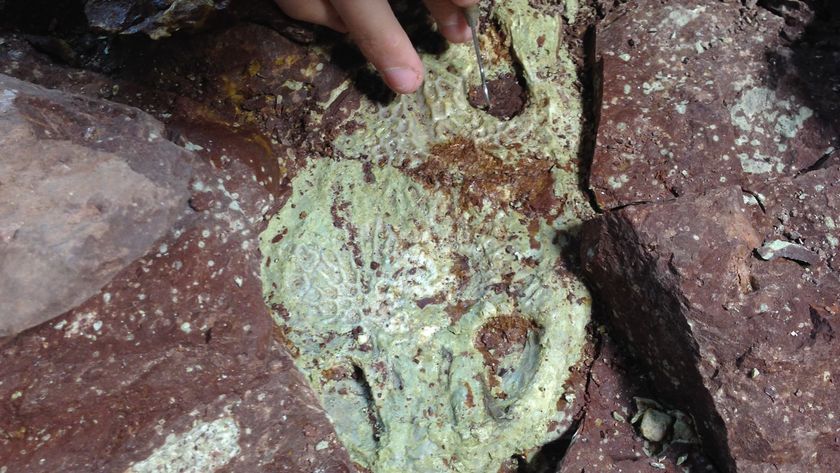
Triassic amphibians the size of alligators perished in mass die-off in Wyoming, puzzling 'bone bed' reveals

Gaia telescope retires: Scientists bid farewell to 'the discovery machine of the decade' that mapped 2 billion Milky Way stars
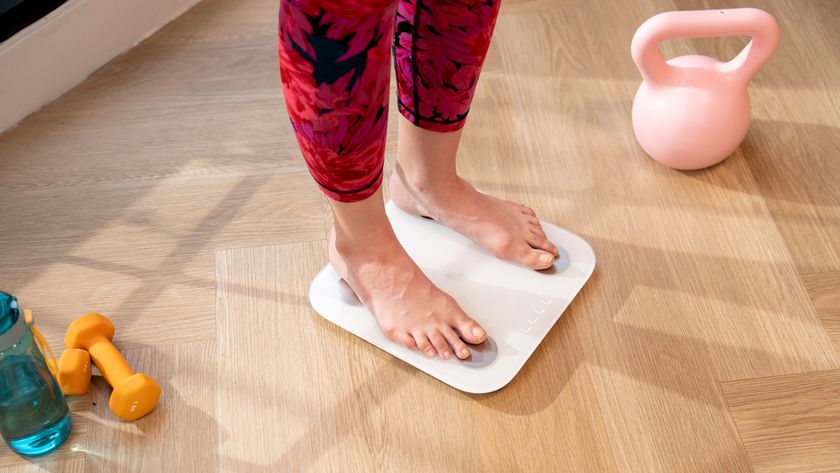
How do smart scales measure body composition, and how accurate are they?
